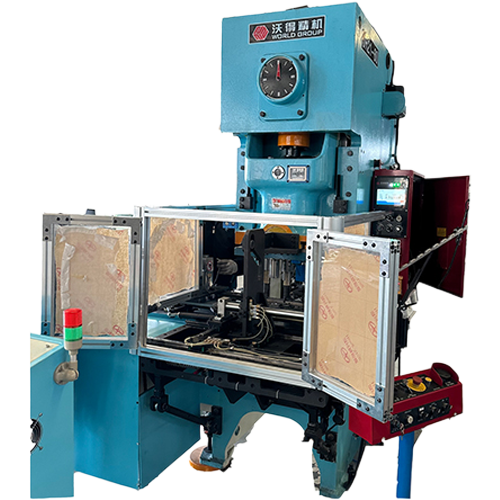How to customize tin can mold?
There are many factors to consider when choosing metal can molds and dies. The final choice will depend on how many components you want the mold to contain, how stable you want the molded part to be, and how much money you are willing to invest in the process. These questions can be answered by consulting on metal casting and metal alloys. Here are some suggestions for choosing a metal alloy for your mold.
The process of casting a tin can is as follows: molten metal is injected into a mold or mold cavity. Once the metal enters the cavity, it solidifies, leaving behind a small amount of scrap. The molten metal needs to be cooled before being removed, but it still needs to be trimmed after removal. There are several ways to achieve this process: hand tools, hydraulic trimming dies, or rolling.
When you press tin cans with molds, you need to make sure you have the right mold set. The molds can be purchased online or found at your local hardware store. A simple mold can produce a large number of products. High-quality molds are designed specifically for this purpose, but the entire process is still time-consuming and requires skilled workers to operate. Choosing the right mold and mold type for your application needs is crucial.
Design and alloy selection are crucial considerations in the production of custom metal parts. For example, molds made of zinc-aluminum alloys can provide high-quality and low-cost products.
These molds are not only sexual, they are also used to make prototype parts. Prototypes can take the form of gravity casting, machined dies, or 3D-printed parts. Each method has its own advantages and disadvantages, including design, performance and tolerances. The choice for prototyping was a high pressure die cast prototype. The process can also use uncoated tool steel and can be produced at low cost in small batches.
When making tin cans, customizing them requires using a metal alloy that can be shaped to your specifications. Different metals can improve heat transfer efficiency and reduce electrical transfer. For example, copper alloys offer excellent electrical conductivity and heat transfer properties due to copper's inherent ability to conduct electrons. Another factor to consider is the workability of the metal. While some pure metals are less strong, alloying can provide additional strength to the iron can.
Alloys are compounds composed of different metals. These mixtures have specific properties that are determined by the type of metal used. The atoms of pure metals are uniform in size and are not affected by metal alloys. However, atoms of different sizes in the alloy can hinder its movement. As a result, alloys are stronger and more durable than pure metals. The strength of a metal alloy depends on its composition and how it is produced.
Cost is an important consideration when manufacturing custom plastic containers. Custom molds are an integral part of the end product, but there are many factors that affect cost. Here are some factors to consider:
First, determine the size of the part you need. You can choose between a mold or a temporary mold. Molds are more durable than temporary molds, and if you plan to mass-produce the same components, then molds are the choice. They are also very strong and will last for many years, while temporary molds may be damaged or damaged. In terms of molds, plastic molds and sand molds are economical choices, and the production process is relatively simple.
The mould is also one of the important factors to consider. The initial investment in the mold is huge, but it can be reused in subsequent orders. Moreover, transferring molds from one manufacturer to another is difficult to achieve. The printing plate can be changed to color, while the plastic mold core may collapse when subjected to excessive pressure. Custom molds result in higher-quality packaging, clearer printing results, and lower overall costs.

Recommended Products


 EN
EN
 中文简体
中文简体 English
English













